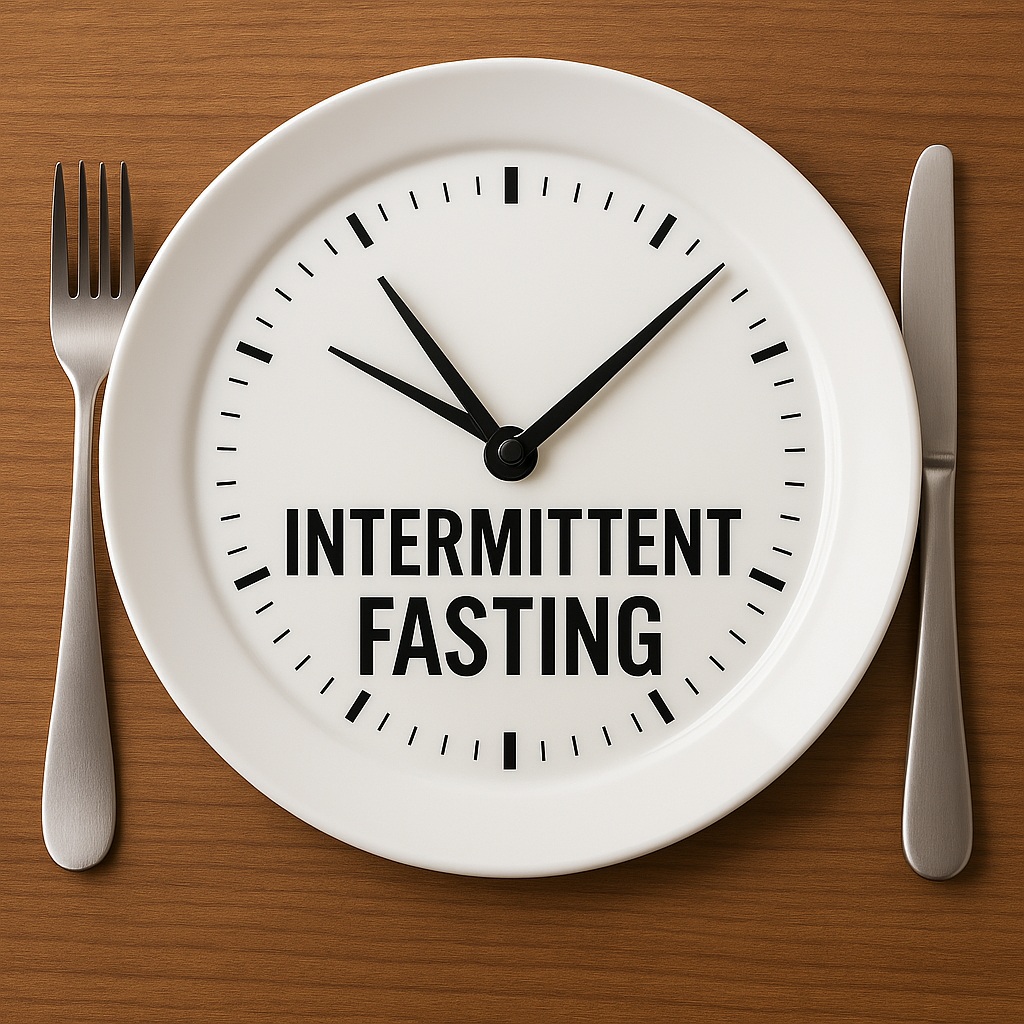Intermittent fasting (IF) has become a buzzword in the wellness space, often praised for benefits like weight loss, better focus, and digestive health. But here’s the truth that often gets overlooked — women’s bodies respond to fasting very differently than men’s.
For many women, especially between ages 20 to 50, hormones play a major role in metabolism, mood, and energy. What works wonders for men or general diets may create unexpected side effects in women from fatigue to missed periods and mood swings.
If you’re thinking about trying intermittent fasting, this is the essential guide your hormones wish you read first.
Table of Contents
What Is Intermittent Fasting?
Intermittent fasting involves eating during set hours and fasting the rest of the time. Popular approaches include:
- 16:8 — Fast for 16 hours, eat during an 8-hour window
- 5:2 — Eat normally for 5 days, restrict calories for 2
- Eat-Stop-Eat — Fasting for 24 hours once or twice a week
These methods may help regulate blood sugar and burn fat but when it comes to women, fasting must be done mindfully.
How Fasting Impacts Women’s Hormones
Women’s endocrine systems are more sensitive to energy deprivation. Here’s how fasting may affect you hormonally:
1. Cortisol Levels May Spike
Fasting is a stressor, and your body releases cortisol in response. If you’re already juggling a busy life, fasting might push stress levels too high — leading to anxiety, poor sleep, or weight retention around your midsection.
2. Estrogen and Progesterone Disruption
Your reproductive hormones estrogen and progesterone are regulated by signals from your brain that respond to energy availability. Low fuel from extended fasting may disrupt your menstrual cycle, lower libido, or affect skin and mood.
3. Blood Sugar May Fluctuate
Women with PCOS or insulin resistance may benefit from short-term fasting but if you fast too long or skip meals inconsistently, you may experience energy crashes, dizziness, or emotional lows.
Warning Signs You’re Fasting Too Hard
If intermittent fasting isn’t working for your body, it will tell you. Look out for:
- Missed or irregular periods
- Mood swings or irritability
- Persistent fatigue or brain fog
- Hair thinning or breakouts
- Feeling anxious or light-headed after fasting
These aren’t signs of weakness. They’re signs your body needs a different approach.
How to Fast Safely as a Woman
If you want to try intermittent fasting without harming your hormones, here’s how to do it gently:
✅ Start Slow
Begin with a 12:12 fasting window. Ease into longer fasts only if your body responds well.
✅ Avoid Fasting on High-Stress Days
If you’re already feeling emotionally or physically stressed, skip the fast. Nourishment matters more than strict schedules.
✅ Prioritise Nutrient-Dense Meals
Focus on protein, healthy fats, and fibre-rich veggies during your eating window to support hormonal balance.
✅ Listen to Your Cycle
During the luteal phase (the week before your period), your body needs more calories and carbs. Avoid strict fasting during this time.
✅ Track, Don’t Obsess
Use a journal or app to track how you feel during fasting. If your mood, skin, or cycle suffers adjust or pause.
Final Thought: Trust Your Body First
Intermittent fasting can be an empowering tool but it’s not for everyone. Your body is not a machine. It’s a living, hormonal system that thrives on balance, rhythm, and respect.
If fasting makes you feel energised, clear-headed, and strong wonderful. If not, that doesn’t mean you’ve failed. It means you’re paying attention.
The most powerful wellness choice a woman can make is this: listen to what her body is telling her.
The most powerful wellness choice a woman can make is this: listen to what her body is telling her.
So wherever you are on your wellness journey, remember this your body isn’t asking for perfection, just care. Honour it, nourish it, and the results will follow.
Ready to learn more about how women can thrive through hormonal balance, nourishment, and self-care? Visit us at ImproveHerHealth.com for more powerful reads.




